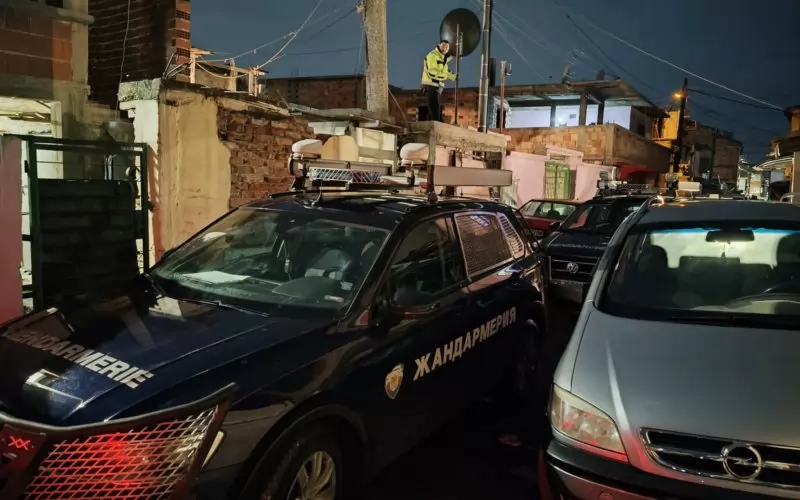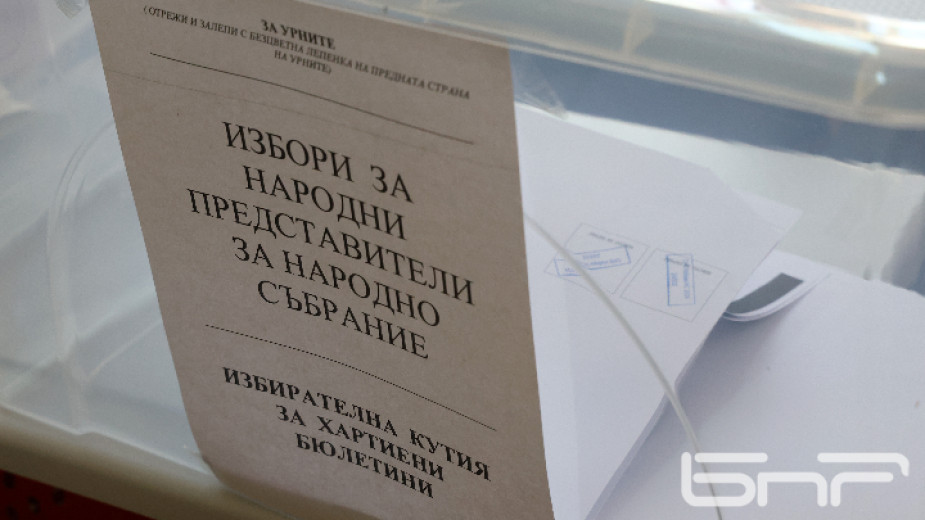Several German newspapers report on the eviction of Duisburg’s “problem” house “In den Peschen”, which repeatedly made it to the headlines over the past year. Constantly, the press reported about dwellings occupied by Rroma families, about dirt, noise disturbances, and about increased crime. The allegations combined numerous reservations on immigrant Rroma: they are poor, uneducated, anti-social, abuse the German welfare system and cause social tensions in the affected districts. However, not all immigrants are poor and many immigrants from Romania and Bulgaria are not Rroma. But the polemical debate about the so-called “poverty immigration” suggested just that: a mass immigration of low-skilled Rroma into the German welfare system. Thus, an economic phenomenon was presented as an ethnic problem, what doesn’t do justice to reality.
The large building complex which has 47 apartments has now been declared uninhabitable by the Duisburg city council. All remaining residents have to leave the house in the following two weeks. The building’s residents are also accused of having illegally obtained child benefits. Another common misconception, which is also projected onto the immigrant Rroma: “Although around 100 children from In den Peschen are registered in the clerk’s office, these were not found by the staff during their visit. This may indicate that the children have been reported only in order to receive child benefits. […] Duisburg is particularly affected by the immigration from Romania and Bulgaria. Currently, nearly ten thousand people from these two countries are reported in the Ruhr city. A task force implemented by the city will visit 50 more “problem properties” in the next few weeks, and if necessary issue “un-inhabitability-declarations”” (Frigelj 2014). Once again it must be stressed that there is no mass immigration from Romania and Bulgaria, as critical statistics excluding seasonal workers prove. In addition, immigrants belong to different ethnic groups and different social classes. However, the focus is – in the sense of sensational journalism – only on the problem cases that are falsely equated with Rroma (compare Frigelj 2014/II, Hänig 2014, Kaiser/Peters 2014, Cnotkaund/Mohrs 2014).
- Cnotkaund, Daniel/Mohrs, Willi (2014) Anwohner von Duisburger “Problemhaus” atmen auf. In: Der Westen online vom 17.7.2014. http://www.derwesten.de/staedte/duisburg/anwohner-von-duisburger-problemhaus-atmen-auf-aimp-id9604583.html
- Frigelj, Kristian (2014/I) Roma müssen Problemhaus bis Ende Juli verlassen. In: Die Welt online vom 16.7.2014. http://www.welt.de/politik/deutschland/article130234317/Roma-muessen-Problemhaus-bis-Ende-Juli-verlassen.html
- Frigelj, Kristian (2014/II) Roma-Haus ist “unbewohnbar”. In: Die Welt online vom 17.7.2014. http://www.welt.de/print/welt_kompakt/koeln/article130241056/Roma-Haus-ist-unbewohnbar.html
- Hänig, Marc Olivier (2014) Roma-Haus für unbewohnbar erklärt. In: Bild online vom 16.7.2014. http://www.bild.de/regional/ruhrgebiet/roma/romahaus-muss-geraeumt-werden-36837692.bild.html
- Kaiser, Sandra/Peters, Anne/ape (2014) “Problemhaus”-Bewohner bei Wohnungssuche auf sich gestellt. In: RP online vom 17.7.2014. http://www.rp-online.de/nrw/staedte/duisburg/duisburg-problemhaus-bewohner-auf-wohnungssuche-aid-1.4392405







